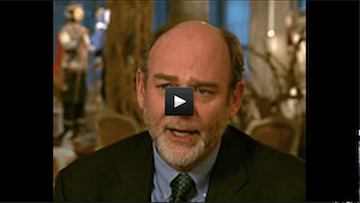I spent Sunday evening, Monday, and Tuesday with seven other First-Congo folks on a mission trip to Cedar Rapid, Iowa, to help with recovery efforts from the mid-June 2008 flooding that affected the Cedar River and Iowa River basins in eastern Iowa. The highest previous recorded level of the Cedar River was 19.3 feet in 1993 — the 100-year flood level. This time, the crest reached 31.2 feet, making it not the flood of the century, but the flood of the millenium!
News of this disaster flashed briefly on our television screens last summer, but has long since faded from view. Meanwhile, the people of the Cedar Rapids area are still reeling from the blow and struggling to make a come-back.
The devastation was enormous. By one reckoning, it’s the fifth-worst natural disaster ever in the United States. The total cost to the region will be over $5 billion dollars. Nearly 5,300 homes and 700 businesses were destroyed in a community with population just over 125,000.
AmeriCorps/VISTA is playing an important role in organizing, training, and supporting many of the volunteers who are working on restoration efforts. In our experience, they deserve high marks for their enthusiasm, dedication, and effectiveness. Their website, VISTA Corridor Recovery, tells the story in detail. I have a few photos to share and stories to tell, and more will be forthcoming over the next few days. Take a few minutes to review the website.
